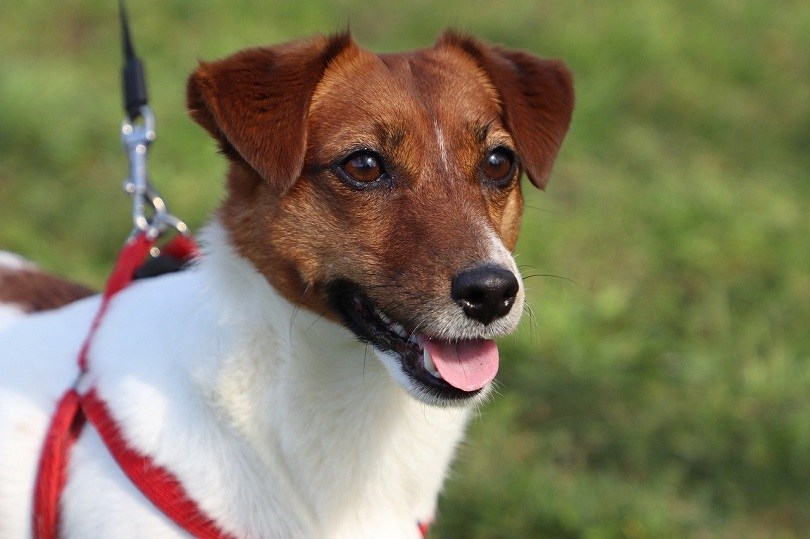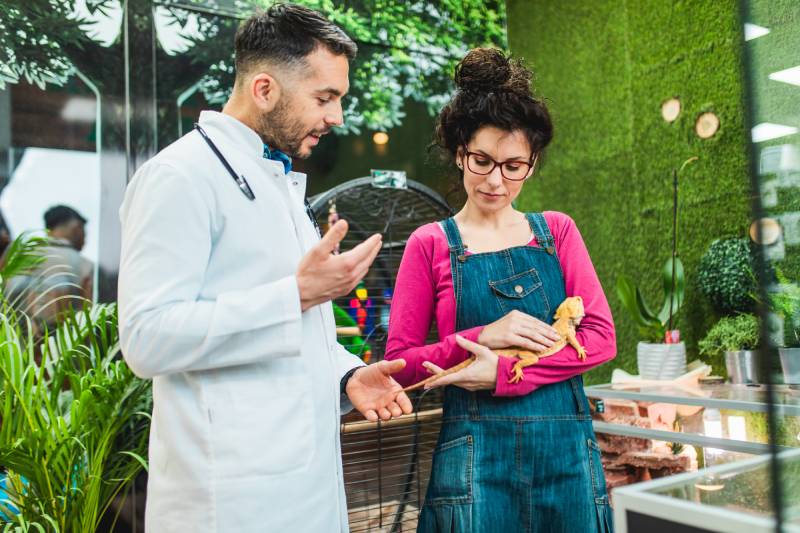My Dog Peed on My AC Unit, What Should I Do? Tips & Prevention
By Adam Mann
Updated on
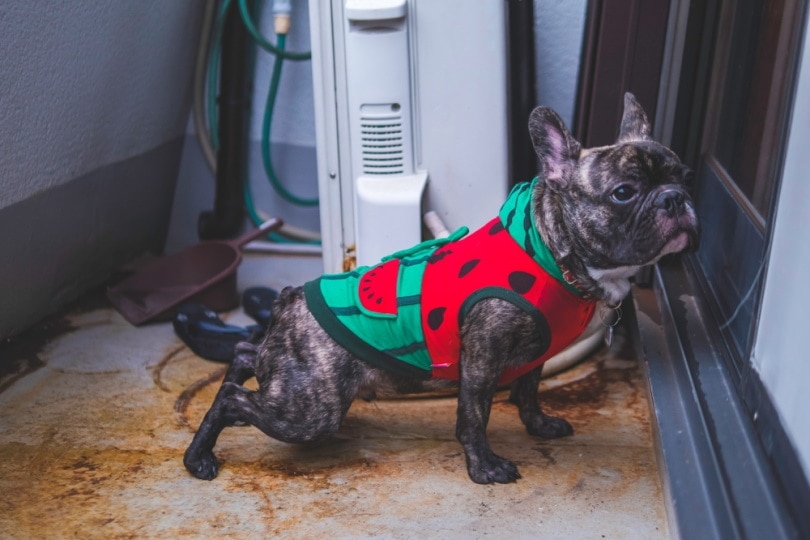
If you have a dog, you know that they get into anything and everything. But if they’re outside and you notice them urinating on your AC unit, you need to take action. What should you do if they’re peeing on your AC unit, and why is it such a big deal?
We answer those questions and more for you here, and we provide a few tips and tricks that you can use to keep your pet away from your AC unit in the future.
What Does Dog Pee Do to an AC Unit?
If you’re wondering why a dog peeing on your AC unit is such a big deal, you’re not alone. While you might not know right away why it matters, once you do, we’re sure you’ll do everything you can to keep your pet away from the unit in the future.
The problem is that dog urine is corrosive, and when it gets on the copper coils and the aluminum fins, it can lead to damage.1 Then, this damage leads to reduced efficiency, freon leaks, and more. While a single instance of dog pee on an AC unit likely won’t be too damaging, if it keeps happening, it’s only a matter of time until the corrosive nature of dog urine damages the unit, thus making you have to replace it.
What to Do
If you didn’t stop your pup from peeing on the AC unit in the first place, you need to know what to do to keep their urine from corroding the different parts. Start by turning the power to the unit off at the breaker. While this might seem unnecessary, since you’re removing protective grills in future steps, it’s a good idea.
Once you have the power off, remove any protective grills over the area they urinated on. From there, use a garden hose to spray off the protective grill and any coils your pup might have hit. Don’t turn the spray up high; instead, use a low setting to rinse everything.
While you’re spraying off the coils, remove any debris you find, and then reinstall the protective grill. Before turning the unit back on, wait at least 1 hour so everything can dry out a bit and you don’t damage any components.
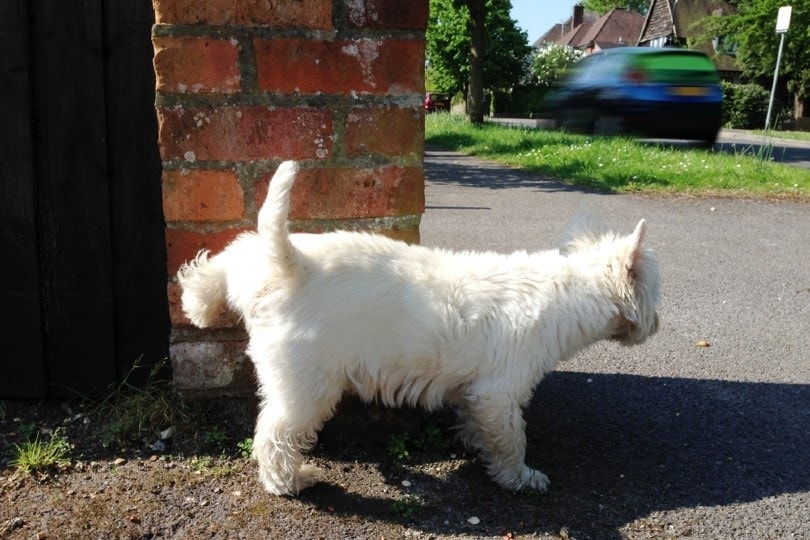
Why Do Dogs Pee on AC Units?
Dogs like marking their territory, but a lot of the time, when they’re outside, they’re just relieving themselves without much thought. However, once they pee on something, it puts their scent there, and that makes it more likely that they’ll go back and urinate there again.
Once you wash it off, it can help with this, but if they pick it as a favorite spot, it can be quite challenging to get them to move on.
The Top 3 Tips on How to Keep Your Dog From Peeing on Your AC Unit
If your dog likes peeing on your AC unit, there are a few things you can do to try and keep them from doing it again.
1. Use a Deterrent Spray
If your dog has only peed on the AC unit once or twice, a deterrent spray might be all you need to keep them away from it. Deterrent sprays use unappealing scents to keep dogs away from the area, but if your pup is really determined, they’ll keep using the spot no matter which sprays you use.
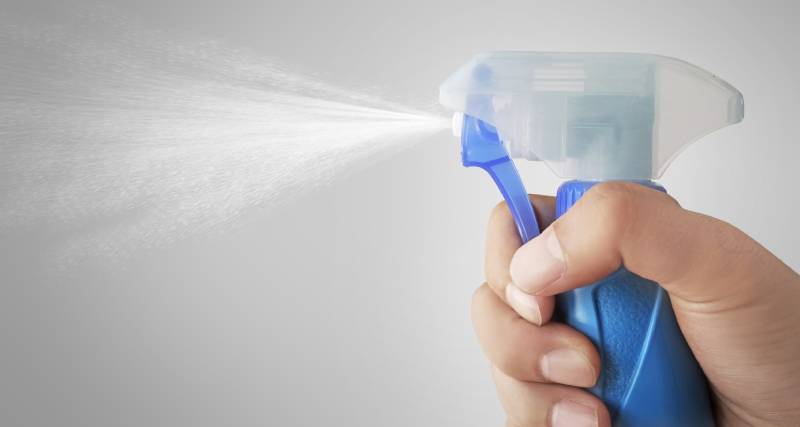
2. Physically Block Off the Area
If you physically block off access to the AC unit, your pet won’t be able to get near it to urinate on it. You can block off the area with a fence, shrubs, or anything else you have—whatever you need to do to keep your dog from getting too close!
3. Consider Moving the Unit
While moving an AC unit isn’t always the easiest solution and shouldn’t be your first course of action, if you already need a new AC unit, then you might want to consider moving it to a different location where your pup can’t easily get to.
Final Thoughts
Now that you know a little more about why your dog is peeing on your AC unit and what you can do about it, it’s up to you to take the necessary steps to keep them from going there again. While it might be a bit of a headache now, it will save you a lot of money and frustration in the future.
Featured Image Credit: evrymmnt, Shutterstock


